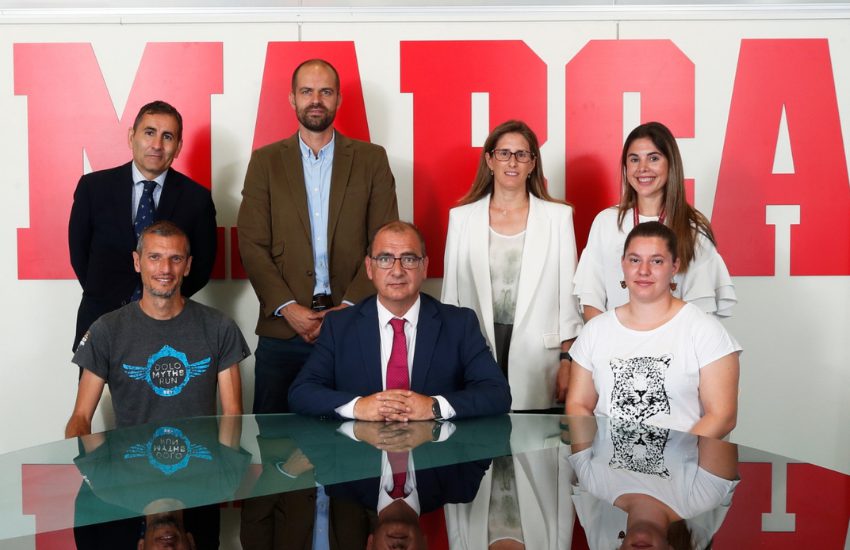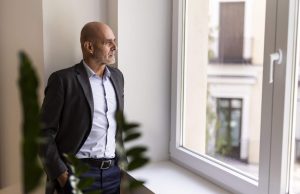Together with athletes Pablo Villalobos and Natalia Sánchez, CECA presents the Financial Education for Athletes project, with the support of the Spanish National Sports Council.
LRetirement from elite sports is one of the most difficult moments for athletes, who sometimes face an uncertain future after years of dedication and sporting success.
In recent days, the basketball player Laia Palau, the skeleton rider Ander Mirkin Ambell and the rugby player Patricia García have announced their goodbyes, but now athletes have more resources and training to face a new stage in their lives with solvency and peace of mind.
As part of this training, numerous athletes have asked for financial knowledge, a request that CECA member entities (CaixaBank, Kutxabank and Cajasur Banco, Abanca, Unicaja Banco, Ibercaja Banco, Caixa Ontinyent, Colonya Pollença and Cecabank) have developed through a Financial Education Project, promoted by the swimmer Ona Carbonell, ambassador of CECA's Obra Social and Financial Education, and with the support of the Spanish National Sports Council, through its Assistance Programme for Elite Athletes (PROAD - Programa de Atención al Deportista de Alto Nivel).
"Ona Carbonell, as a CECA ambassador, was concerned about this issue because she has experienced it first-hand, along with her teammates", explains Margarita Castañeda, CECA's communications manager. "We found it very interesting because it is a need that was not being met. This is an online course so that athletes can combine it with their training and complete it in their free time. And it has been very well received. Financial education is a vital subject for everyone because throughout life situations arise where decisions need to be made and it is important to have that knowledge".
Thus, more than 500 athletes from different federations have signed up for this 15-hour online course, which offers appropriate and specific content for athletes, such as taxation, athletes' mutual insurance, scholarships... "The course combines basic knowledge with specific topics for them", explains Castañeda.
After all, the goal of the project is not only for athletes to learn how to manage their personal finances and income during their active time in sport, but also for them to be able to evaluate and reflect on the day after, the moment of retirement.
This is confirmed by the athlete Pablo Villalobos, one of the athletes who has completed the course and who also works at PROAD. "It was much-needed content", he says. "It is a course with content that is very well adapted to athletes, which talks about scholarships, grants... It allows you to have a horizon to plan your career financially until you retire from sport. It's content that appeals to athletes because they know they will use it in their day-to-day lives".
Natalia Sánchez, hammer thrower, has also completed this training, which she describes as essential in her career. "It's a flexible course that you do when you have time. It explains the content in a very accessible way. There are forums where questions are also answered and it's very practical," assures the athlete, who emphasises the peace of mind that this type of training brings. "You know how to manage your income and that's very positive". This initiative is supported by PROAD, which saw that there was a demand among athletes for financial literacy."At PROAD, we believe that any resource or content that can be used by athletes to maximise the optimisation of financial resources was ideal", explains Diego Barrio, PROAD Service Manager, at the Spanish National Sports Council. "We accompany elite athletes throughout their sporting careers, with advice and resources for training and employment. We provide tailor-made solutions, according to the needs of each athlete".













